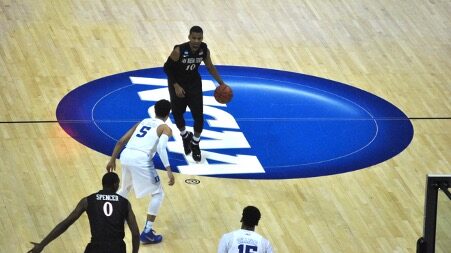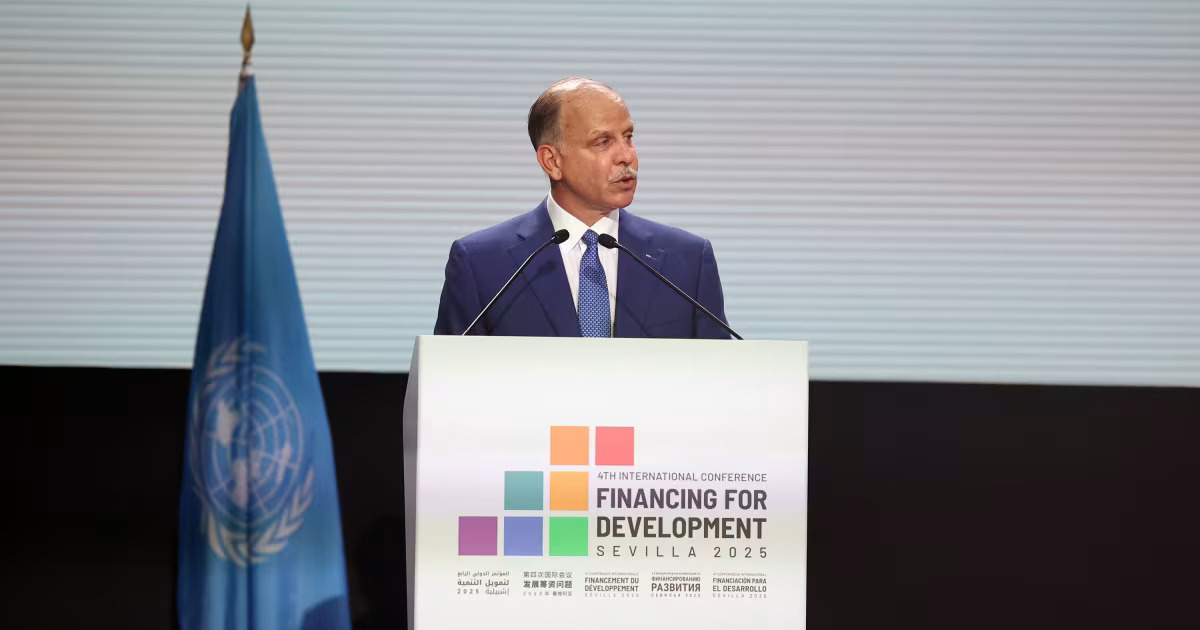Student-Athletes Win US Supreme Court Case Against NCAA

[mkdf_dropcaps type=”normal” color=”#f55549″ background_color=””]A[/mkdf_dropcaps]
United States supreme court has ruled the National Collegiate Athletic Association (NCAA) cannot restrict the education-related benefits offered by colleges to student-athletes.
After the case was filed by current and former student-athletes, the court ruled on Monday that in limiting education-related benefits, the NCAA was violating federal Antitrust law under the Sherman Act.
SportsPro Media report “under current NCAA rules, students cannot be paid, and scholarship money is capped at the cost of attendance.”
The NCAA’s defence claimed the restrictions were in place to ensure ‘amateur’ status was retained, however the student-athletes argued the restrictions were an unlawful restraint of trade.
In the opinion, Justice Neil Gorsuch wrote: “Put simply, the suit involves admitted horizontal price fixing in a market where the defendants exercise monopoly control.”
“No one disputes that the NCAA’s restrictions in fact decrease the compensation that student-athletes receive compared to what a competitive market would yield.
“Those who run this enterprise, profit in a different way than the student-athletes whose activities they oversee.
Justice Brett Kavanaugh added: “The NCAA’s business model would be flatly illegal in almost any other industry in America.”
“Price-fixing labour is price fixing labour,” Kavanaugh said.
While the ruling means the NCAA cannot restrict the educational-related benefits offered to division one basketball and football players, according to SportsPro Media, “individual athletic conferences can still set limits if they choose.”
A statement released by the NCAA said; “While today’s decision preserves the lower court ruling, it also reaffirms that NCAA’s authority to adopt reasonable rules and repeatedly notes that the NCAA remains free to articulate what are and are not truly educational benefits, consistent with the NCAA’s mission to support student-athletes.”
The ruling comes before individual states will begin implementing Name, Image and Likeness (NIL) laws on July 1 which will allow student athletes to profit from NIL endorsements.
The new NIL laws will come into effect in Alabama, Florida, Georgia, Mississippi and New Mexico but ESPN reports “the likelihood that a federal law making one clear set of rules for NIL” has shrunk after “members of congress have settled into a partisan divide about the scope of needed reform.”
NCAA president, Mark Emmert, said in a statement: “The NCAA remains committed to supporting NIL benefits for student-athletes.”
“Additionally, we remain committed to working with congress to chart a path forward, which is a point the Supreme Court expressly stated in its ruling,” Emmert said.
ESPN report NCAA’s Division I Council has scheduled meetings on the 22nd, 23rd and 28th of June for further discussions and to decide on options for NIL legislation.
It's free to join the team!
Join the most engaged community in the Sports Business World.
Get all the latest news, insights, data, education and event updates.






